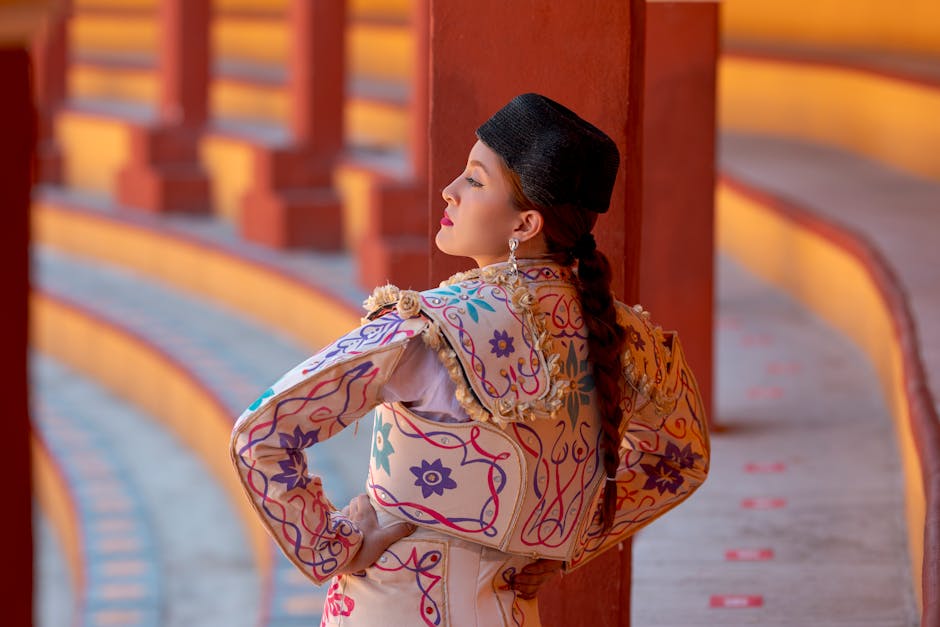
Understanding Traditional Ceremonies: Celebrating Cultural Heritage
Traditional ceremonies are vital expressions of cultural identity, serving as a bridge between generations and a means of preserving unique customs. These rituals often mark important life events, religious observances, or seasonal festivals, each with its own meaningful practices and symbolism.
Across the globe, communities celebrate their heritage through various traditional ceremonies. For example, many cultures hold wedding ceremonies that showcase intriguing rituals passed down through centuries. Similarly, seasonal festivals help communities come together to celebrate harvests, solstices, and other natural cycles.
Participating in or witnessing traditional ceremonies provides valuable insights into a culture's history and values. These events often include unique music, dance, costumes, and rituals, all of which contribute to the immersive experience that helps keep these traditions alive.
If you're interested in exploring different ways to preserve cultural heritage, understanding the role of traditional ceremonies is essential. They not only honor the past but also foster a sense of community and continuity for future generations.
